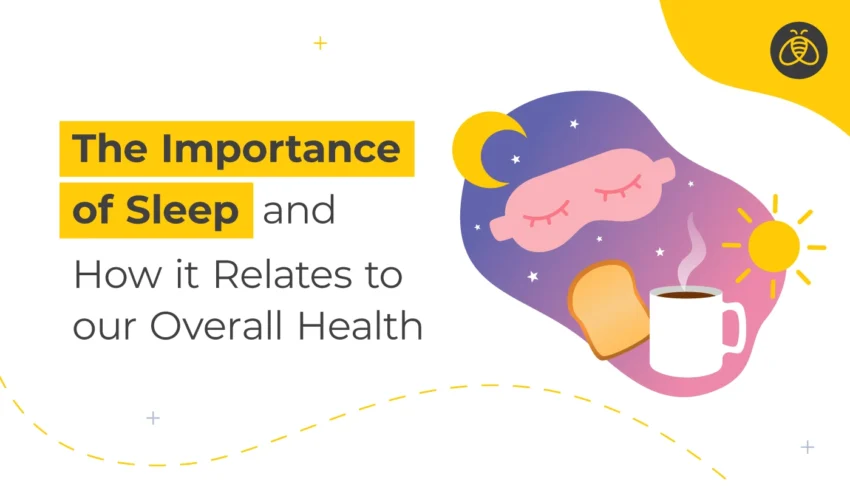Stress is an unavoidable part of modern life. Work demands, family responsibilities, financial pressures, and constant connectivity can all feel overwhelming. While some stress can motivate us, chronic stress harms both body and mind. Learning to manage stress effectively is essential for maintaining balance and long-term wellness.
The Impact of Stress on Health
-
Physical effects – Stress can raise blood pressure, weaken immunity, and contribute to headaches, heart disease, and digestive problems.
-
Mental effects – Chronic stress increases the risk of anxiety, depression, and burnout.
-
Behavioral effects – Stress often leads to unhealthy coping habits such as overeating, smoking, or neglecting exercise.
Recognizing Signs of Stress
-
Irritability or mood swings.
-
Difficulty concentrating.
-
Trouble sleeping.
-
Muscle tension or fatigue.
-
Withdrawal from social activities.
Awareness is the first step in stress management.
Practical Stress Management Strategies
1. Physical Activity
Exercise is one of the best natural stress relievers. Walking, yoga, or even short stretches release tension and improve mood.
2. Mindfulness and Meditation
Practicing mindfulness helps calm racing thoughts and reduces anxiety. Just a few minutes of deep breathing each day can make a difference.
3. Time Management
Prioritizing tasks, setting boundaries, and avoiding multitasking reduce overwhelm. Break large projects into smaller, manageable steps.
4. Social Support
Talking with friends, family, or support groups provides emotional release and perspective. Human connection is a powerful stress buffer.
5. Hobbies and Relaxation
Engaging in activities like reading, gardening, or listening to music restores energy and joy.
6. Professional Support
Therapists and counselors offer guidance when stress becomes overwhelming. Seeking help is a sign of strength, not weakness.
Creating a Stress-Resilient Lifestyle
-
Maintain a balanced diet and sleep schedule.
-
Limit alcohol, caffeine, and excessive screen time.
-
Practice gratitude and focus on positive aspects of life.
-
Develop problem-solving skills to face challenges confidently.
Final Thoughts
Stress will never disappear from life, but it can be managed. By building healthy coping strategies and creating supportive routines, you can transform stress from a destructive force into a manageable challenge.
In a busy world, managing stress is not about eliminating pressure—it’s about finding balance, protecting your well-being, and thriving despite life’s demands.
